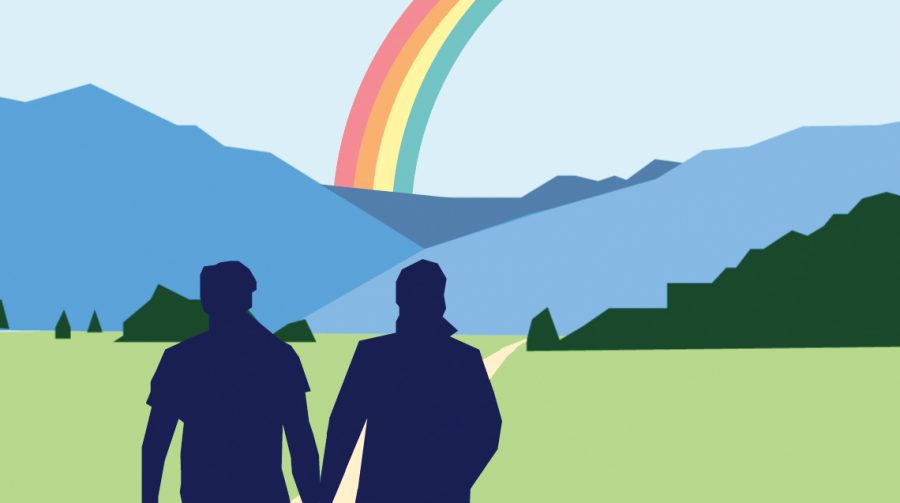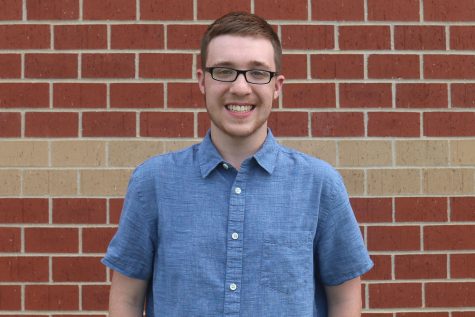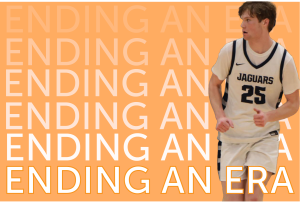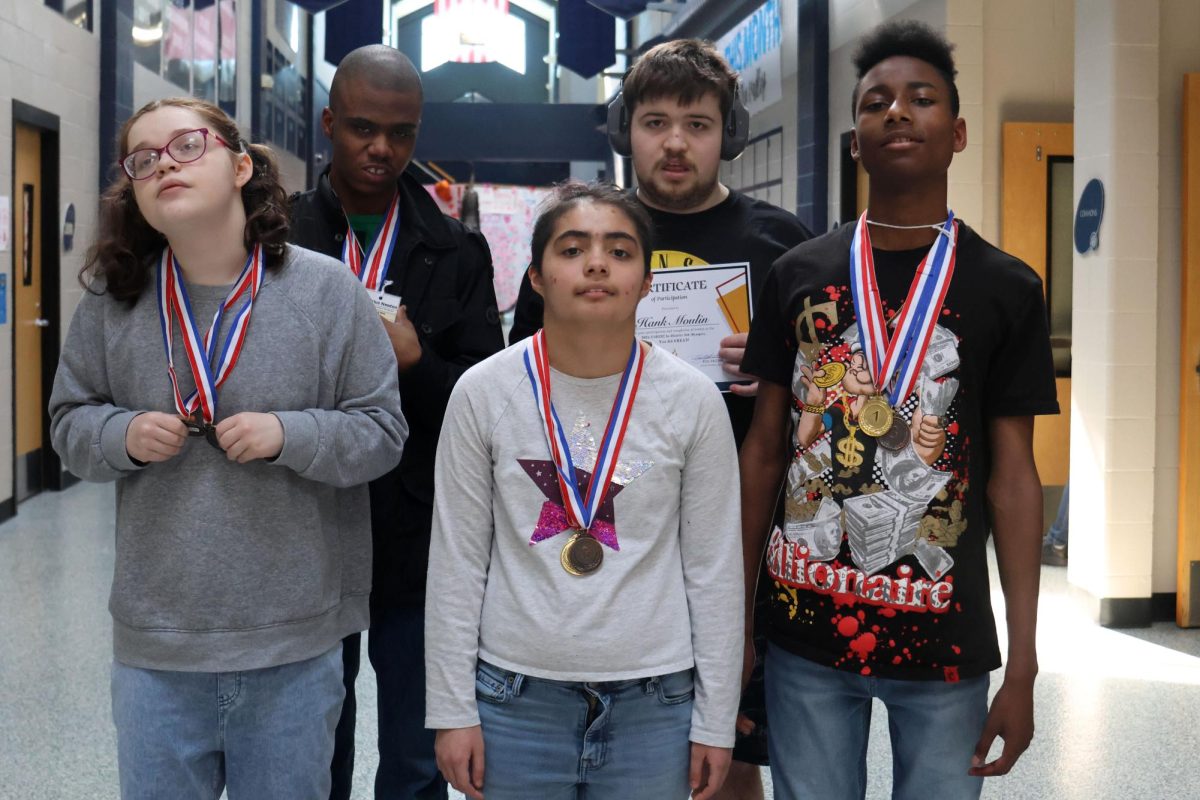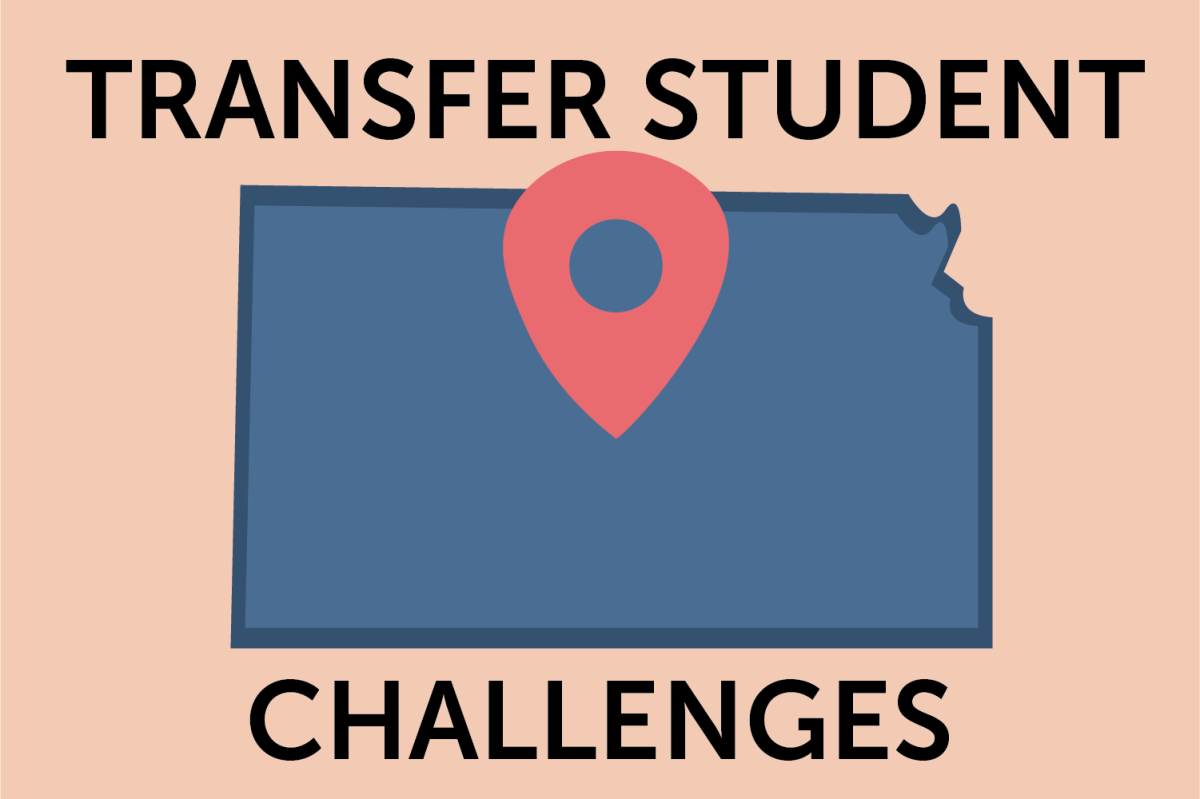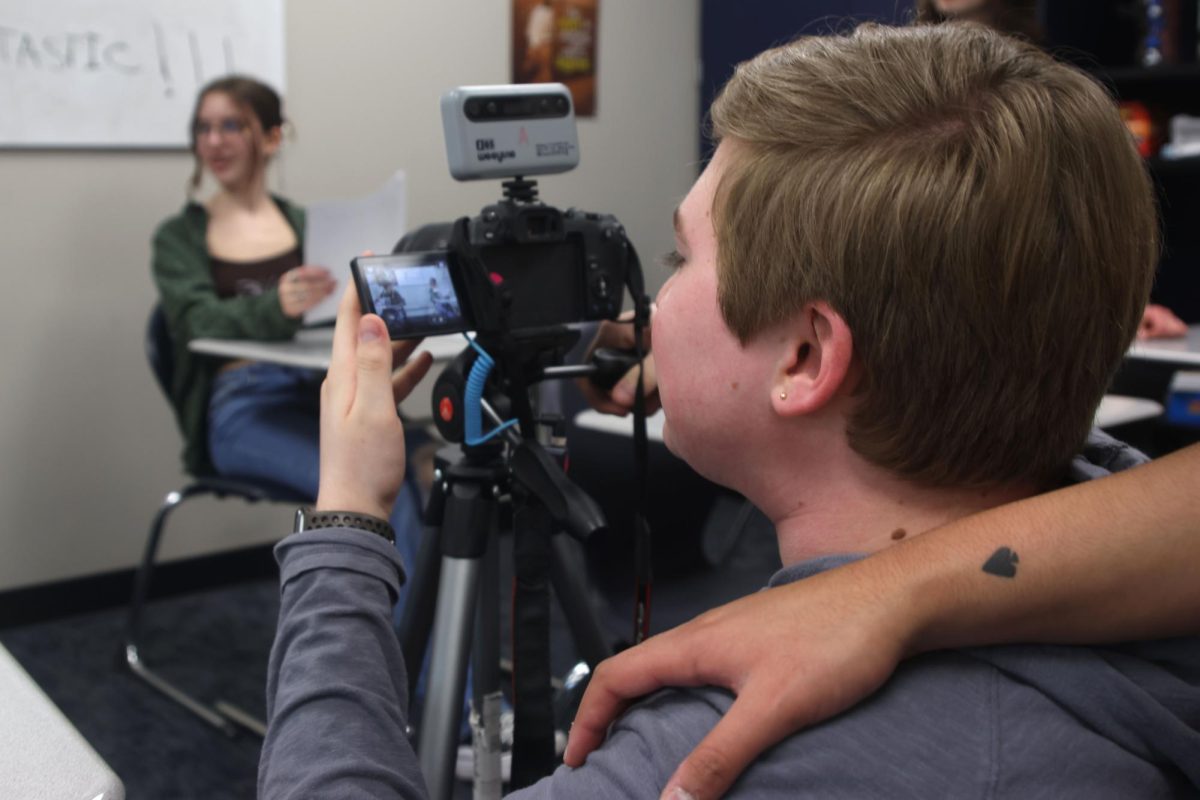Solving discrimination starts with us
While the nondiscrimination policies have made strides in the right direction, we still have lots to do to help fight discrimination
October 28, 2019
LGBTQ discrimination has permeated so far into society that no sector of life has been left untouched by its stranglehold. Legislative bodies are actively taking steps toward preventative action against LGBTQ discrimination, but the steps that have been taken pale in the face of the bigger picture.
Measures such as the nondiscrimination policy passed by the USD 232 school district and the city of Shawnee, and the 2015 Supreme Court decision to allow for same-sex marriage have made meaningful strides, it is important to continue to push for more equality for everyone by being aware of the problem and actively taking steps to be more inclusive. Although it gets easy to get lost in past triumphs, many still suffer from things the average person might take for granted and it is our generation’s job to fix it.
Transgender people such as senior Park Zebley have to wonder if they will have a restroom that suits their gender identity. Currently, transgender people at Mill Valley have to use unisex bathrooms instead of the bathroom they identify with. People in the LGBTQ community also have to worry about having services refused to them, like in Denver when a baker refused to sell to a gay couple simply because of their sexual orientation. People all across the LGBTQ spectrum still have to deal with the harsh reality that they may be fired solely based on what they identify as.
Many people in the LGBTQ community have to deal with daily microaggressions which are subtle and sometimes unintentional acts of discrimination. For example, terms like “you guys” and “dudes” can be exclusionary for people whose gender identity or sexual orientation does not fit with the connotations of those words. Another common instance of microaggression that goes under the radar is accidental misgendering or confusing someone’s pronouns. While this may not seem like a big deal, it can be difficult for those who have completely shifted their gender identity to be called something that they have worked so hard to change.
That brings about the question of how we can do more. It can be as simple as correcting someone’s microaggressions or being more welcoming and open to people in the LGBTQ community. New legislation and court decisions might change the law of the land, but that won’t make any difference until we begin to implement those decisions into our surroundings. Only a generation that is committed to making a change and influencing their peers, parents and friends can stop LGBTQ discrimination dead in its tracks.



